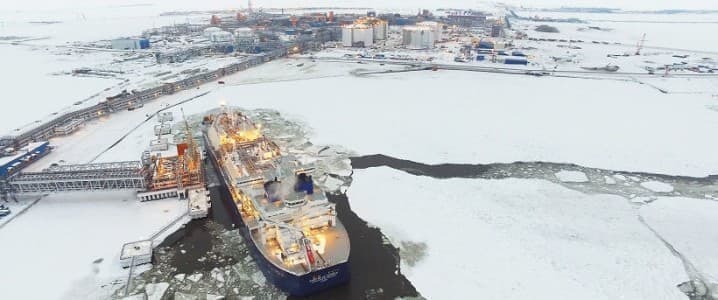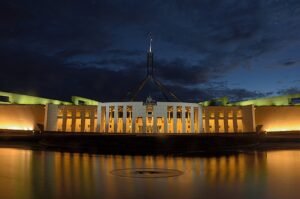
The European Union’s efforts to reduce reliance on Russian natural gas are becoming increasingly complicated, as imports of Russian liquefied natural gas (LNG) hit record levels this year. Despite assurances from U.S. Energy Secretary Chris Wright that the EU could phase out all Russian gas purchases within a year, a combination of economic factors has led to a surge in imports from Russia.
In the first half of 2024, imports of Russian LNG into the EU reached a staggering total value of 4.4 billion euros (approximately $5.16 billion), a significant increase from the 3.47 billion euros recorded during the same period in 2023. Analysts attribute this rise primarily to the lower prices of Russian LNG compared to its U.S. counterparts, with a Rystad Energy expert noting that Russian gas remains “significantly lower” in cost.
EU’s Energy Dilemma
The EU’s leadership has faced criticism for its continued purchases of Russian energy amid ongoing sanctions against the Russian energy sector. Calls of hypocrisy have emerged, particularly as the bloc attempts to pivot towards U.S. LNG and other sources. The situation became more precarious earlier this year when discussions arose about potentially tearing up long-term contracts with Russia without incurring penalties, indicating a desperate bid to eliminate Russian energy imports.
Despite these discussions, the EU has not been able to halt the influx of Russian LNG. In fact, total LNG imports into the European Union increased by 25% in early 2024, with the U.S. supplying 55% of these imports compared to 14% from Russia. This dynamic positions the EU as both the largest market for U.S. LNG and simultaneously the biggest buyer of Russian LNG.
A recent report from the Centre for Research on Energy and Clean Air revealed that the EU remains the largest foreign buyer of Russian pipeline gas, even as flows have dropped significantly since 2022. This has led to further tensions within the bloc as it grapples with its energy strategy.
Future Energy Strategies
The EU’s energy commissioner, Dan Jorgensen, reiterated the bloc’s commitment to phasing out Russian energy imports by January 2028. He emphasized the need for a balanced approach, warning that a sudden cutoff could lead to market dislocations. The EU’s strategy focuses on bolstering imports from the U.S. and Qatar while investing in renewable energy and tightening sanctions enforcement against vessels transporting Russian crude.
Yet, the EU’s plans face significant challenges. Increasing U.S. LNG volumes come at a higher cost, and the bloc is wary of becoming overly dependent on American energy. Compounding this issue is the fact that Qatar, another major LNG supplier, may not be a viable alternative due to the EU’s stringent emission requirements. Earlier this year, Qatar’s energy minister stated that compliance with the EU’s Corporate Sustainability Due Diligence Directive could deter Qatari companies from entering the European market if it meant risking fines of up to 5% of annual global turnover.
As the EU navigates this complex landscape, it remains caught between its desire to reduce Russian energy export revenues, the need for affordable energy to prevent industrial decline, and the pressure to align with U.S. energy policies. The balancing act continues, as the bloc seeks to transition to a more sustainable and secure energy future while addressing the immediate challenges posed by its ongoing energy imports from Russia.






